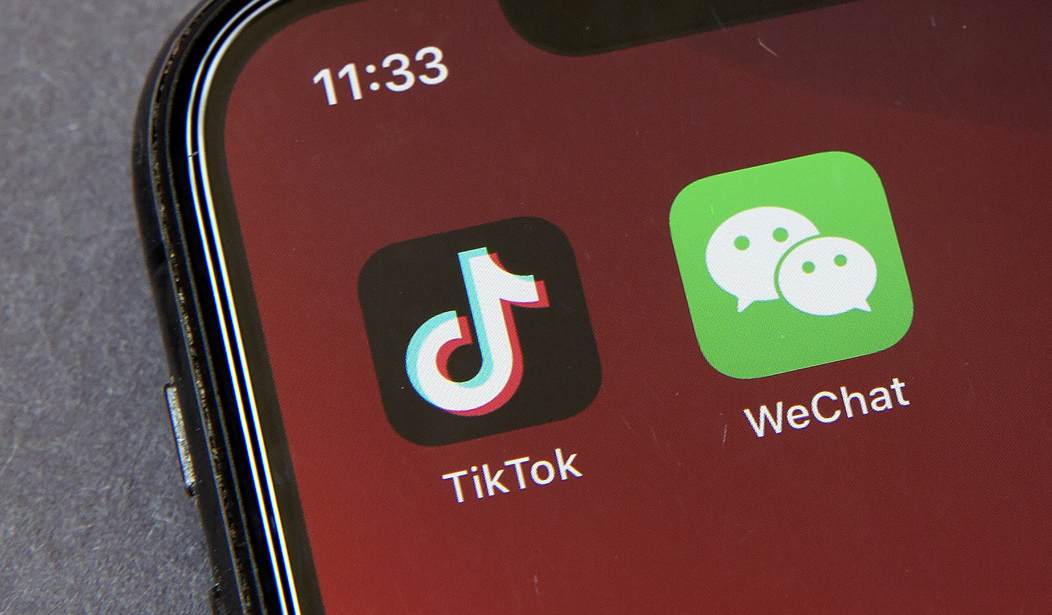What happens to the Democratic Party when the mainstream media is no longer mainstream? It appears we are about to find out.
The establishment media has long been a loyal propaganda apparatus for the Democratic Party establishment, peddling its false narratives while working overtime to persuade the public to support its candidates.
But now, America’s media landscape has shifted dramatically in a way that has seen the rise of alternative digital media outlets that do not necessarily line up with the Democratic Party. Staff writer Helen Lewis laments this trend in an op-ed for The Atlantic titled “The ‘Mainstream Media’ Has Already Lost.”
In the column, Lewis highlights the controversy over Vice President Kamala Harris’ decision to dodge an interview with podcaster Joe Rogan, and looks at the role digital media played in President-elect Donald Trump’s victory in the 2024 election.
Rogan, as Lewis notes, “knew that Harris needed him more than he needed her,” which is why he stuck to his guns about holding the interview in his Austin studio instead of traveling to Harris. “Rogan is the ‘mainstream media now,” Lewis notes.
The author further discusses the diminished influence of legacy media outlets, citing their inability to compete with digital platforms like Rogan’s and many others. She notes that Harris’ interview with Fox News host Bret Baier only garnered eight million live viewers, while Trump’s online appearances have far eclipsed those numbers.
“Within a week, [Rogan’s] interview with Trump racked up more than 40 million views on YouTube alone, and millions more on other platforms,” Lewis writes.
The author further highlights how online influencers have gained enough popularity to rival establishment media outlets, writing:
In the 2024 campaign, both presidential candidates largely skipped newspaper and television sit-downs—the tougher, more focused ‘accountability’ interviews—in favor of talking directly with online personalities.
Finally, Lewis critiques the shift from supposed accountability journalism to personality-driven content, which tends to favor entertainment over substantive policy discussions. She points to how figures like Elon Musk and other right-leaning influencers have gained traction by rejecting traditional journalism. “We cannot reverse the drift from institutions to individuals,” she explains.
There is an element of truth to this argument. On one level, the rise of the digital influencer has resulted in more of a focus on political entertainment over substance.
Still, it is worth noting that there remain many online influencers who do focus on policy and substance even if they mix in some entertainment with their content. Additionally, it is not as if traditional media has exactly been a bastion for truth and honesty in reporting. The fact that trust in media has sunk to all-time lows shows that the once-vaunted Fourth Estate is no longer deserving of their position in society.
Indeed, lies do not somehow become acceptable just because they are spewed by a talking head on a cable news outlet or a columnist in The New York Times.
The media will only become more democratized in the not-too-distant future, which presents quite a conundrum for the Democratic Party, which has long relied on their close friends and allies in legacy media to partner with them.
The shift in America’s media landscape has rendered one of its most effective weapons impotent. Traditional outlets are no longer the sole media organizations that shape public opinion. To put it simply, they have lost their stranglehold on the narrative.
There were already signs that folks on the left knew this was coming. It is why they continually seek to stifle conservative and libertarian voices on digital platforms. Even then, it was impossible for them to eliminate their competition.
Now, with Elon Musk in control of X, arguably the most important social media platform for political discourse, things are looking even worse for the Democrats. Anyone with some talent and a bit of charisma could potentially become an influencer without having to contend with media gatekeepers and other methods for controlling the flow of information.
Going forward, Democrats will have to work even harder to dominate the narrative. Censoring their opposition has not worked – even though we can be sure they will keep trying. They might have to rely more on good, old-fashioned persuasion to win over the public.
President-elect Trump’s victory shows just how far the establishment media has fallen. Harris’ team seemed to believe it could run the typical Democratic campaign while sprinkling in some alternative media appearances. They probably believed CNN, The New York Times, MSNBC, The Washington Post, and others would do an adequate job of smearing the GOP opponent, while tricking the public into believing Harris was a decent contender for president.
To be fair, these outlets did the best they could, but it’s hard to lie to a public that no longer views them as a primary source of information. This bodes well for those on the right. Now, conservative influence extends beyond talk radio and Fox News. The right has already figured out how to leverage digital media in a way that helps them reach the masses – especially younger generations.
At some point, Democrats will catch up. They will learn how to play the game. But until this day comes, the right will have the edge.














